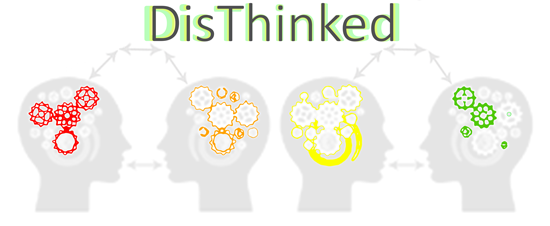By Nick Doran
In South Korea most of the population cannot swim. This is a fact. So when on the beaches of South Korea, if you wander in past your waist, the lifeguards will charge you down, quite aggressively, to bring you back in from the brink of disaster. It doesn't matter what credentials or skill you display. From a societal perspective you need to be protected. Following from this, 55 million South Koreans must adhere to the lowest common denominator of water sports capabilities under the weight of society's collective cognitive predisposition towards paternalism. Regardless of whether one can swim or not, policy dictates that you must not. There has been little critical thought put into the attendant policies. Undoubtedly, South Korea's recent history, and psychological legacy resulting from massive human loss and suffering during the Korea War plays a role in this societal drive towards paternalism or guardianism. The culture of guardianism is driven by a developmental ideology rather than critical understanding. This ideological stance is so pertinent in South Korea that a friend, who sea kayaked around South Korea some years back, was followed by a Coastguard escort the entire way around the peninsula for 3 weeks.

